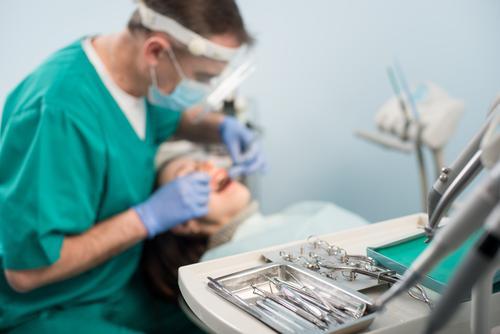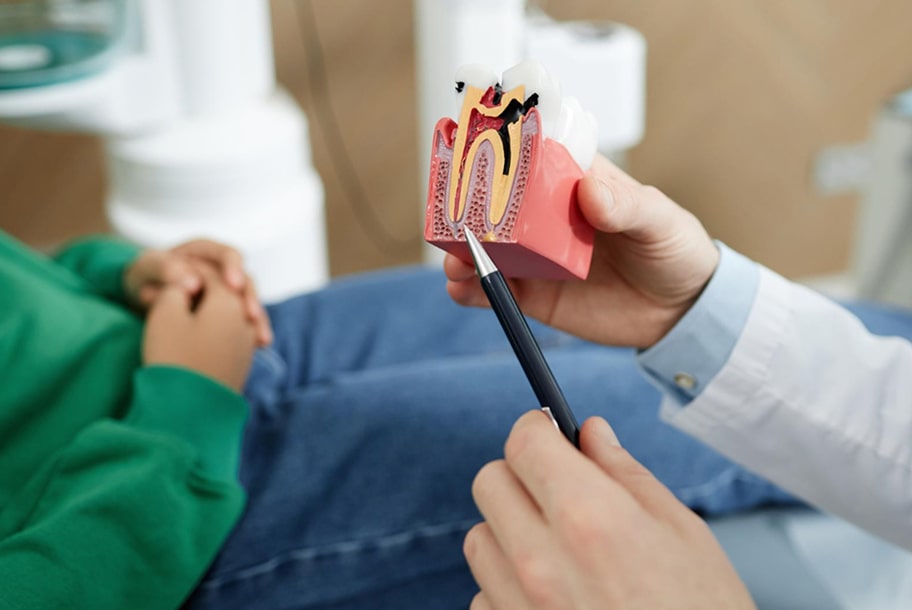
Veneers or bonding? Those you know who’ve tried them can’t stop raving about their choice — but which is right for you? It can be tricky to wade through your options and pick the best option for your smile.
If you’re struggling to decide which cosmetic dentistry path to take, look no further than Arya Dental in Fullerton, California. Our team of cosmetic dentistry experts has helped many patients discover the perfect solution to their most frustrating smile problems.
In this blog, we settle the score between two popular procedures: veneers and bonding.
What are veneers?
Think of veneers as thin shells or caps that fit snugly over your teeth. We shape and color them to align with the rest of your teeth and blend in perfectly. Before placing veneers, we shave down a bit of your tooth to ensure the fit is permanent.
What is dental bonding?
Dental bonding takes veneers a step further, customizing your experience to the nth degree. Instead of cementing a porcelain cap over your tooth, we apply composite material to your teeth by hand and meticulously shape and mold it to correct problems in your smile.
With dental bonding, we combine advanced dentistry practices with pure artistry to create the smile of your dream.
Which option is better?
Everyone’s smile is different, so it’s tough to determine which procedure is better. Veneers and dental bonding can both address common smile issues, including chipped or cracked teeth, minor gaps, small or unevenly sized/shaped teeth, and severe staining.
Though both overlap in many areas, dental bonding offers a few key pros that veneers don’t. Here’s a closer look.
Faster treatment
Veneers require multiple appointments to take an impression of your teeth, create your veneers, and then finally apply it. On the other hand, we can perform dental bonding in a single appointment.
Less invasive
With dental bonding, we may not need to remove any existing tooth surface in preparation, which means a much faster and more pleasant trip to the dentist.
Cost-effective
Because veneers are porcelain, they may be more expensive than dental bonding. Dental bonding may be right for you if you’re looking for smile correction on a shoestring.
What are the drawbacks?
Dental bonding doesn’t always last as long as veneers, and it may be more susceptible to stains, chips, and cracks. Dental bonding may also be better suited for minor smile problems, while veneers can take on more severe damage and discoloration.
We know that every patient’s smile is different. Although veneers may work better for one, dental bonding may work better for the next. That’s why we carefully evaluate your oral health and take every recommendation seriously.
If you’re curious about how best to get rid of your frustrating smile problems, we’d love to talk with you. Call our friendly staff at 714-646-9546, or use our online booking tool to schedule a consultation today.






